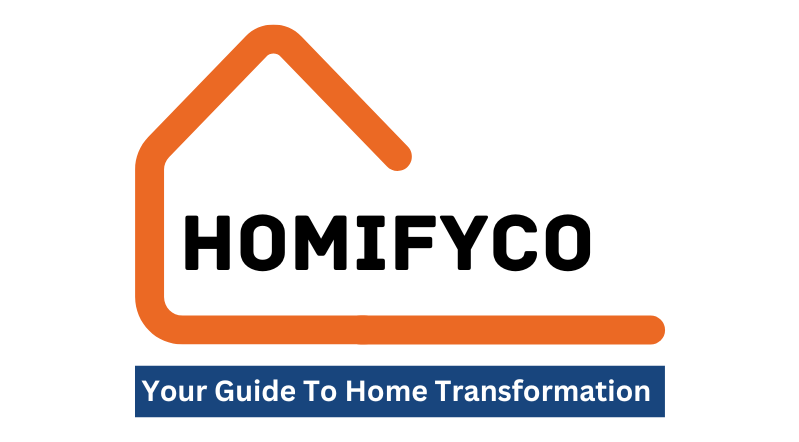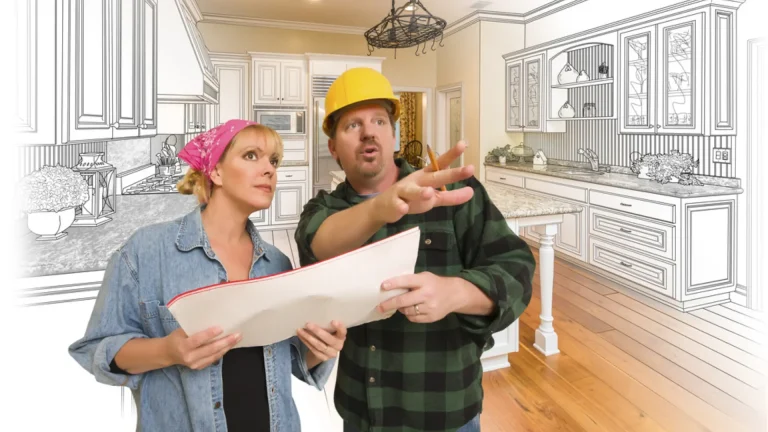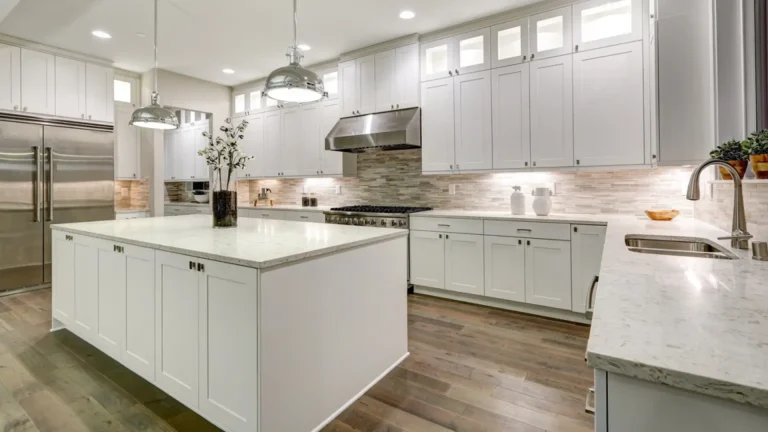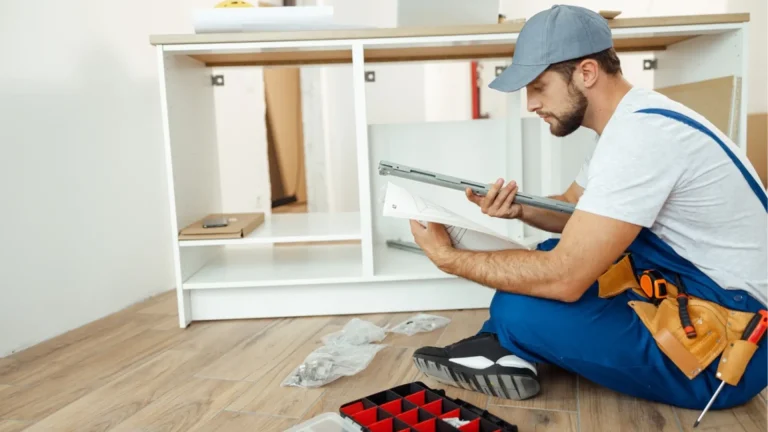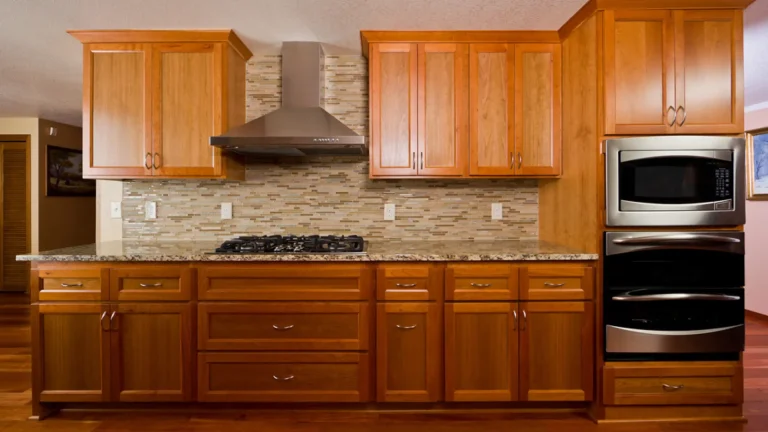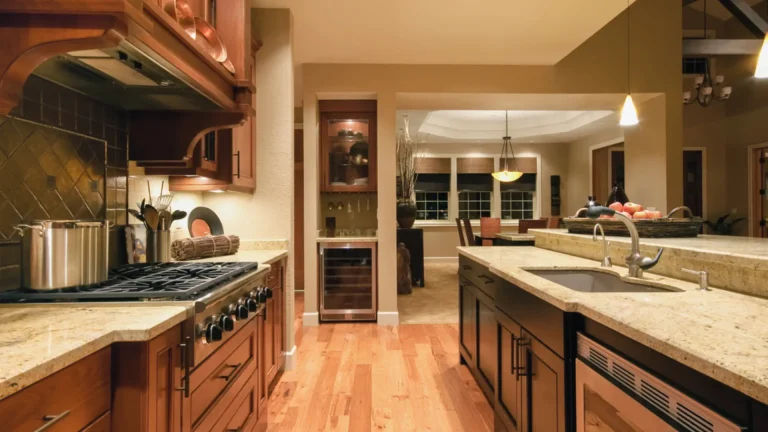Maximizing Your Savings: Is Kitchen Remodel Tax Deductible in 2024?

When contemplating a kitchen remodel, one question often surfaces: is kitchen remodel tax deductible? This query not only reflects the desire to enhance one’s living space but also the prudent consideration of financial benefits. Understanding the tax implications of a kitchen remodel can significantly impact budgeting and planning, offering potentially valuable deductions that reduce overall project costs.
The distinction between remodels, renovations, and repairs is crucial in the realm of tax deductions. Each category carries different tax implications, depending on the nature of the work done and the purpose behind it. Let’s delve into these distinctions to clarify what qualifies for tax deductions.
Remodel, Renovation, or Repair: Which is Tax Deductible?
In the context of home improvements, the terms “remodel,” “renovation,” and “repair” are often used interchangeably, but they have distinct definitions and tax implications. Let’s break down each term and explore which of these home improvement efforts may qualify for tax deductions.
Remodel
A remodel involves making significant changes to a home’s layout, structure, or function. This could include altering the floor plan, tearing down walls to create an open concept, or converting an attic into a livable space.
Remodeling can significantly increase a home’s value and usability but is generally not tax-deductible if done on a personal residence. However, if the remodel is part of a home office or rental property, some of the costs may be deductible.
Renovation
Renovation refers to the process of updating or upgrading existing home features without altering the fundamental design or structure. This can include updating kitchen appliances, replacing the flooring, or repainting the interior. Like remodeling, renovations on personal residences typically aren’t tax-deductible.
However, renovations that improve energy efficiency may qualify for certain tax credits. Additionally, renovations to a rental property can be depreciated over time, offering a tax advantage.
Repair
Repairs are made to fix damage or deterioration in a home, maintaining the property in its current condition. Examples include fixing a leaky roof, replacing a broken window, or mending a fence. Repair expenses on a personal residence are not tax-deductible.
For rental properties, however, repairs are considered operating expenses and are fully deductible in the year they are incurred. This immediate deduction can reduce the taxable income generated by the rental property.
Is Kitchen Remodel Tax Deductible?
For most homeowners, the direct costs of kitchen remodeling aren’t immediately tax-deductible. The IRS views such projects as personal expenses. However, there are specific scenarios where tax benefits become applicable, such as when remodeling a home office or rental property. Understanding these conditions can unlock potential savings.
Repair vs Capital Improvement
When homeowners or property investors undertake work on their properties, it’s essential to understand the distinction between repairs and capital improvements. This differentiation is not just semantic but has significant tax implications. Here’s a detailed look at both, helping clarify which expenses might offer you tax benefits.
Repair
Repairs are activities undertaken to maintain the property in its current condition. These tasks are necessary to keep a home or property functional and livable. Repair work does not add significant value to the property nor does it extend its life but simply keeps it operational.
Examples of repair work include:
- Fixing leaky faucets or pipes
- Patching holes in walls
- Replacing broken windows
- Mending roofs
- Painting existing structures without improvement
From a tax perspective, repair expenses on personal property cannot be deducted in the year they are incurred. However, for rental property, repair expenses are considered operating expenses and are fully deductible in the year they are made, providing immediate tax relief to the property owner.
Capital Improvement
Capital improvements, on the other hand, add value to the property, prolong its life, or adapt it for new uses. These improvements go beyond mere maintenance and are investments in the property’s future. Capital improvements are typically more substantial and expensive than repairs and include activities such as:
- Adding new rooms or expanding existing ones
- Upgrading electrical or plumbing systems
- Installing new roofing
- Kitchen upgrades, including new appliances, countertops, and cabinets
- Landscaping and outdoor improvements
Capital improvements are not immediately deductible. Instead, they are capitalized and depreciated over the life of the improvement for rental properties, which spreads the tax benefit over several years. For personal residences, these improvements can increase the basis of your home, potentially reducing capital gains tax when you sell the property.
Key Differences
Understanding the difference between repairs and capital improvements is crucial for proper tax planning and financial management of property assets. Always consult with a tax professional to ensure that you’re making the most of your property investments and adhering to current tax laws.
Home Improvements That Are Tax-Deductible 2024
1) Energy-Efficient Renovations
Investing in energy-efficient renovations can yield tax credits, rewarding efforts to reduce environmental impact. Eligible improvements include solar panels, energy-efficient windows, and insulation, offering both immediate and long-term financial benefits.
2) Home-Office Improvements
For those working from home, allocating expenses for home-office improvements can result in deductions. The space must be exclusively used for business to qualify, emphasizing the need for clear documentation.
3) Rental Property Renovations
Improvements on rental properties are typically deductible over time through depreciation. This includes kitchen remodels, which can enhance property value and appeal, translating to tax advantages and increased rental income.
4) For Medical Care
Modifications made for medical reasons, such as installing ramps or lowering cabinets for wheelchair access, can be deductible if they don’t add to the home’s value. These improvements must be medically necessary, emphasizing the importance of documentation.
Tax Benefit of Home Improvements
The tax benefits of home improvements can vary depending on the nature of the improvement, whether the property is a personal residence or rental property, and current tax laws. Here’s an overview of how home improvements can offer tax advantages:
Personal Residence
For most homeowners, direct tax deductions for home improvements on a personal residence are not available. However, there are specific situations where tax benefits apply:
Rental Property
For rental properties, the approach to tax benefits is different:
General Considerations
FAQs
Conclusion
While the immediate tax deductibility of kitchen remodels for personal use is limited, understanding the broader tax implications reveals opportunities. Whether through energy-efficient upgrades, rental property renovations, or home-office improvements, strategic investments can offer financial benefits.
As tax laws evolve, consulting with a tax professional can ensure you maximize these opportunities, making your kitchen remodel not just an enhancement to your home but an investment in your financial future.
